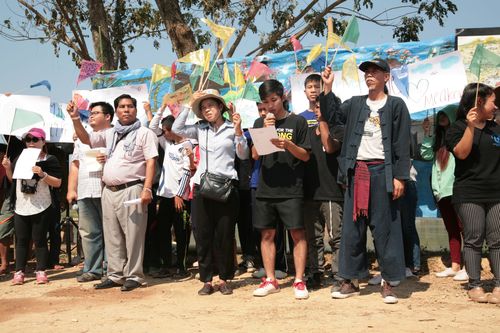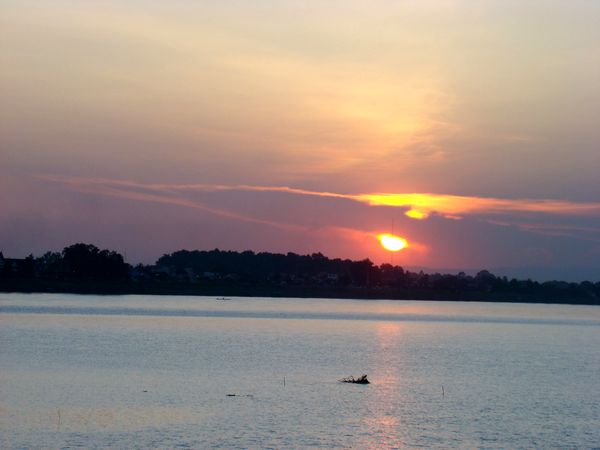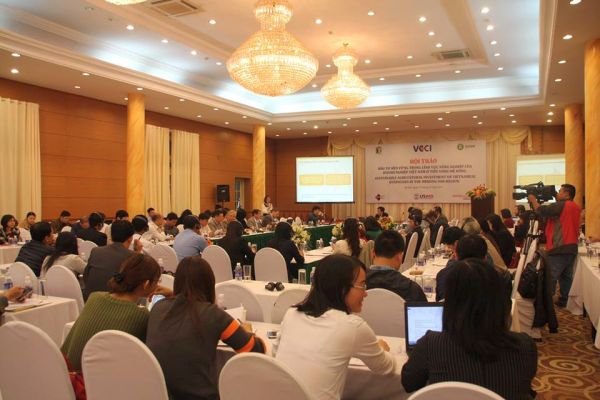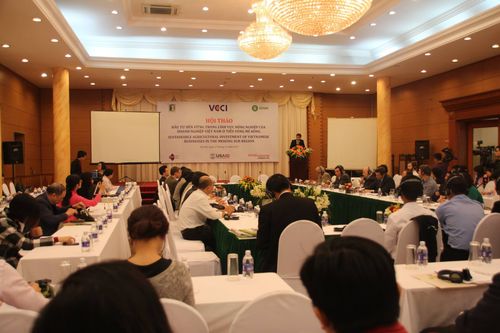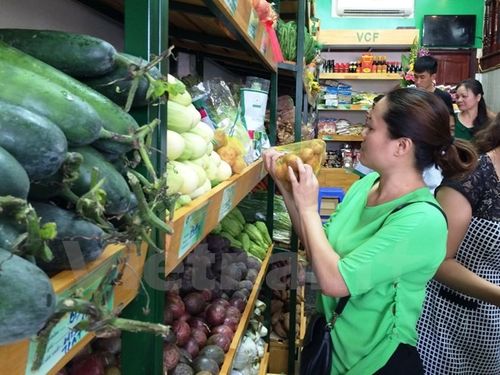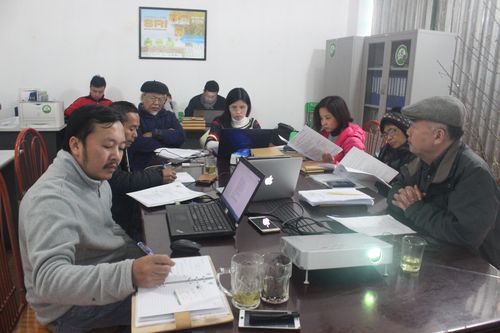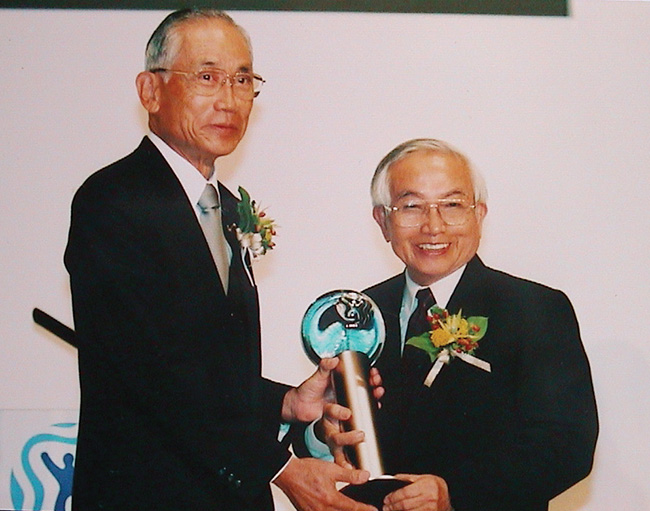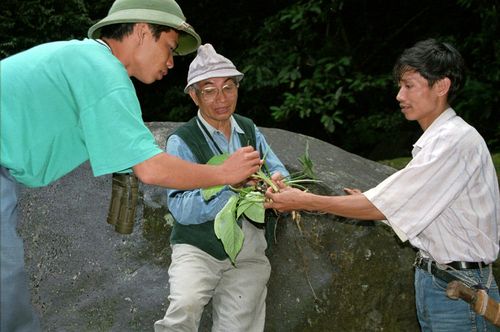Chiang Khong Declaration on International Day of Action for Rivers 2017
On 14 March 2017, the International Day of Action for Rivers, we, the Save the Mekong Coalition along with civil society and community partners from Thailand, Cambodia and Vietnam, make this statement to express our gratitude to the Mekong River and the way of life she supports. The Mekong is our mother river, home to unique biodiversity and a lifeline for millions of people throughout the river basin. We recognize the efforts of Mekong communities who are working to protect and preserve the unique ecosystems and resources of the river for future generations.

